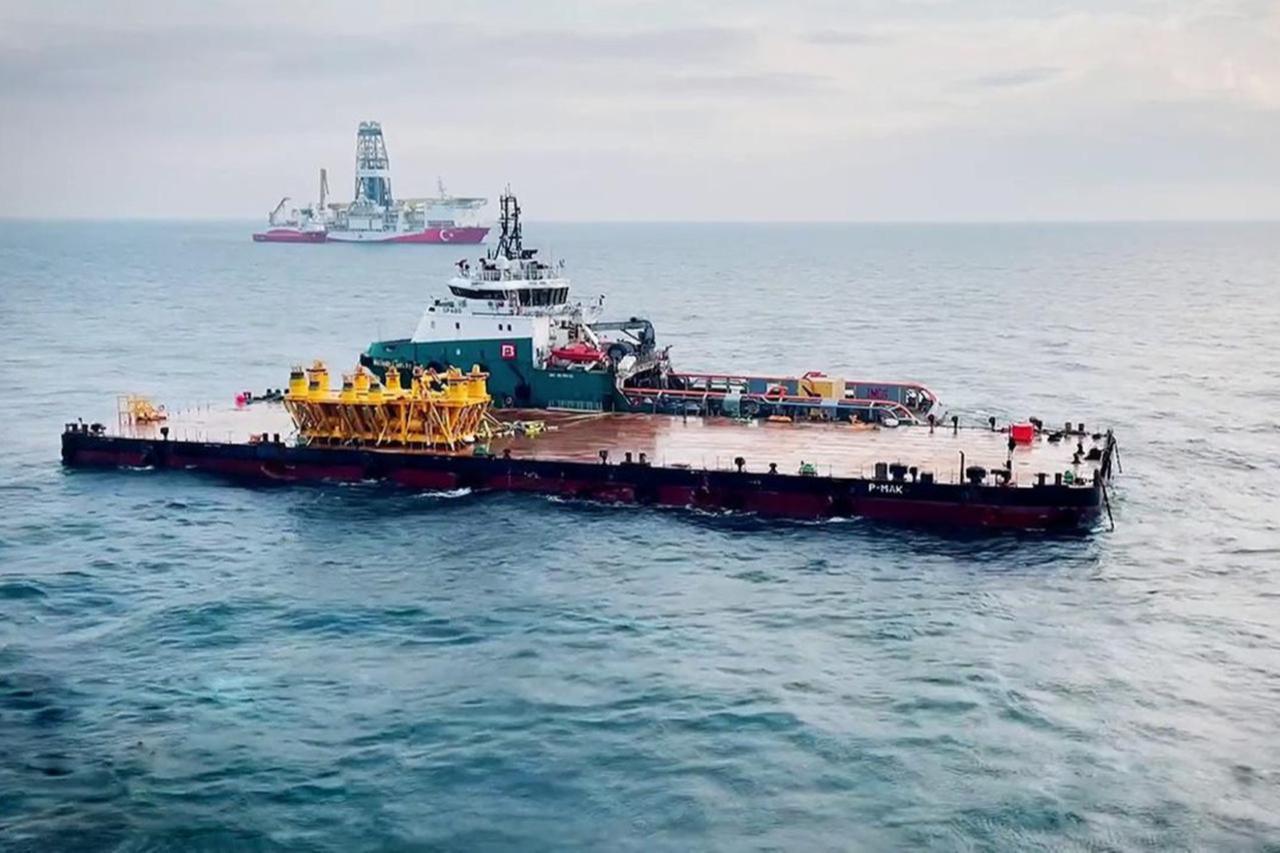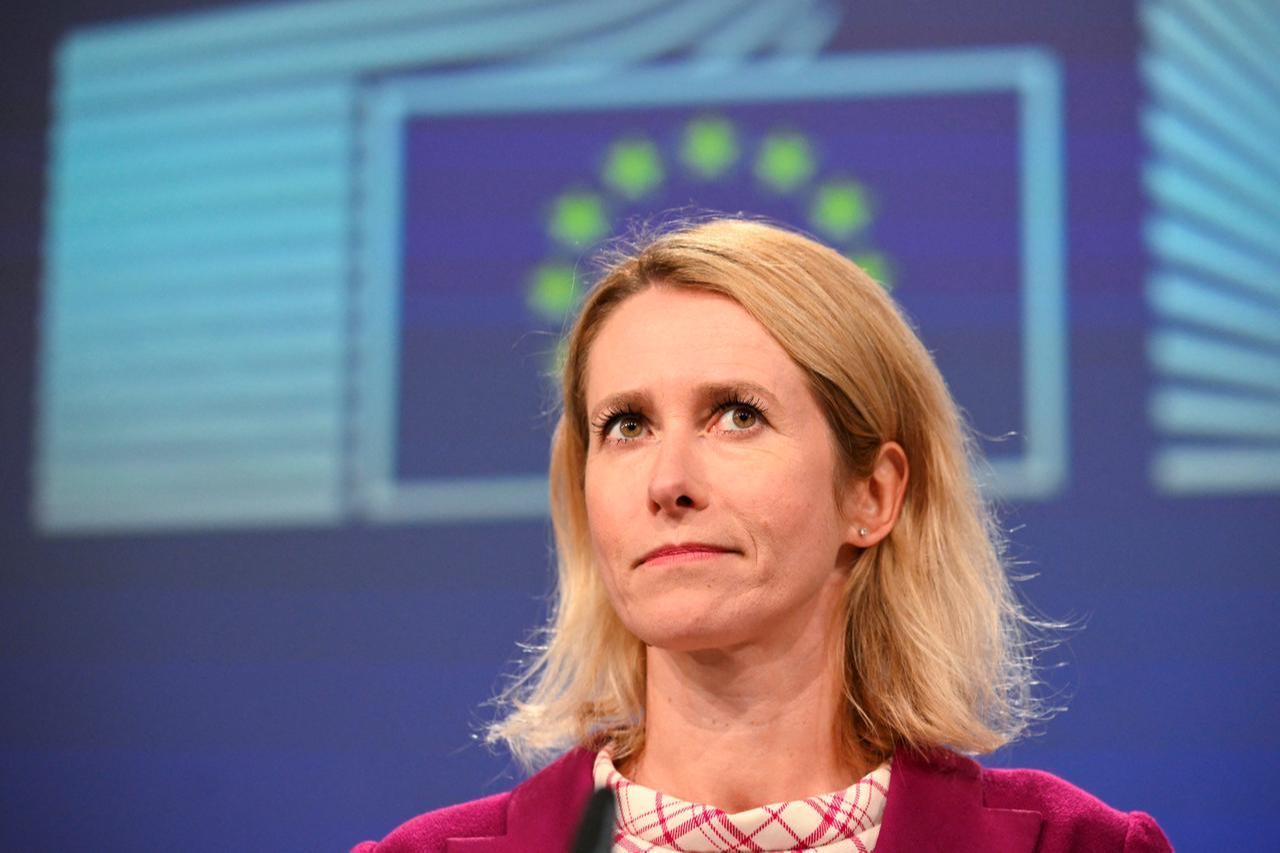
European and Eurasian officials forged new commitments Monday to bolster maritime security and economic connectivity spanning from the Black Sea through Central Asia, as Brussels seeks to deepen engagement with countries sitting at the crossroads of Europe and Asia.
The high-level ministerial gathering brought together delegations from the 27-member European Union alongside 10 countries: Armenia, Azerbaijan, Kazakhstan, Kyrgyzstan, Moldova, Tajikistan, Türkiye, Turkmenistan, Ukraine and Uzbekistan. The talks centered on coordinating investments and security initiatives across a geography increasingly central to global trade routes and energy supplies.
EU foreign policy chief Kaja Kallas, who co-chaired the Luxembourg meeting with commissioners Marta Kos and Jozef Sikela, joined partners in issuing a statement emphasizing "shared commitment to enhancing stability, resilience and cooperation between the regions amid growing geopolitical challenges."

The Black Sea emerged as a focal point of discussions, with participants examining proposals for a dedicated maritime security hub and expanded coast guard cooperation. The body of water, which connects Europe to Asia and serves as a vital channel for grain exports, energy shipments and raw materials, faces mounting security concerns.
"The Black Sea is an area of significant geostrategic importance, bridging Europe to Asia and playing a strategic role for international trade, strategic transit of grains, energy and critical raw materials and for global security," the joint statement said.
Officials explored initiatives ranging from demining operations to protecting critical infrastructure — measures the EU said would strengthen Ukraine's security while building regional capacity to counter hybrid threats.
Beyond maritime concerns, ministers advanced a Cross-regional Connectivity Agenda designed to coordinate strategic investments in transport, energy and digital infrastructure linking Central Asia through the Southern Caucasus to EU borders.
"The initiative aims at coordinating strategic investments to boost trade and socio-economic development through resilient and efficient transport, energy and digital connections linking Central Asia to the Southern Caucasus and onwards to the European Union," according to the statement.
Discussions highlighted efforts to reinforce the Trans-Caspian Transport Corridor, a network offering an alternative route for goods moving between Asia and Europe. Participants also examined expanding high-speed internet access across the region and developing renewable energy connections to diversify energy sources and advance climate goals.
Trade facilitation measures, including digitalization of customs procedures, received attention as officials sought ways to ease cross-border commerce and attract private sector investment.
The EU characterized Monday's meeting as establishing a "step-by-step approach" toward sustained cross-regional cooperation. Brussels announced plans to develop a coordination framework for the Connectivity Agenda, with further discussions scheduled for the Trans-Caspian Transport Corridor Investors and Connectivity Forum in Tashkent on Nov. 27.
European officials pledged continued support for participating nations and international partners through joint investment planning and policy coordination, signaling Brussels' intent to maintain engagement across a region spanning thousands of miles and multiple spheres of influence.